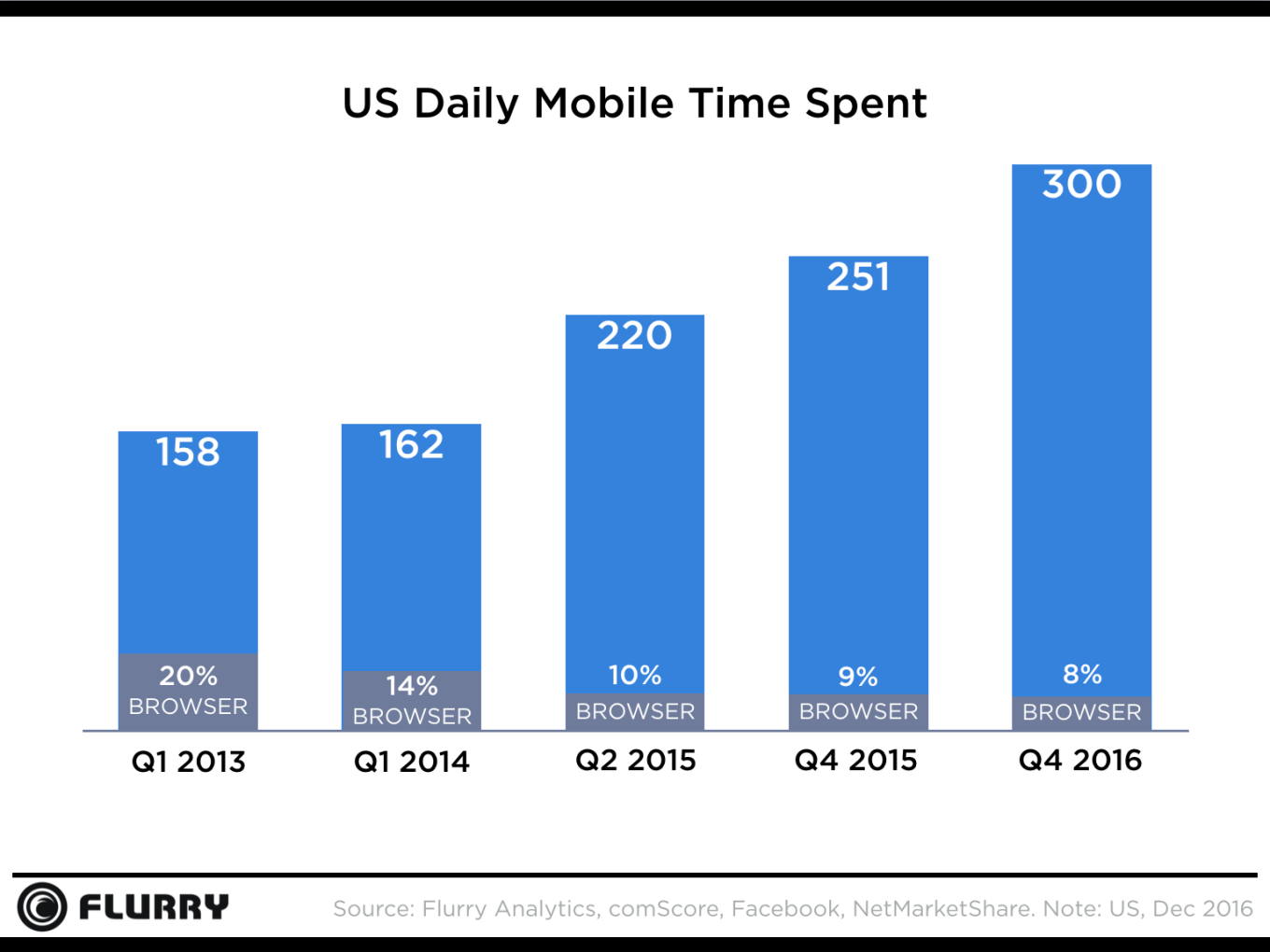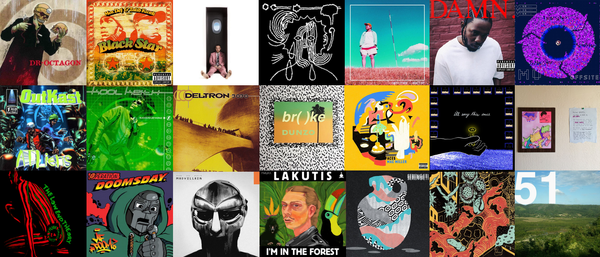Colton Swabb • • 10 min read
9 Toxic Habits That are Killing Your Creativity
Art, Poetry & Writing Psychology & Happiness Self Improvement

Creative thinking should be natural.
We are all born creative. Creativity flows through us on its own, like breathing, and we know when the flow is strong.
It feels good, like we’re in plugged in and turned on. What we do becomes effortless, intrinsically motivating, more satisfying, and even warps our perception of time.
The problem is, you can sabotage your own creativity.
Certain habits and beliefs systems are damming to your creative current. If you get caught up in too many of them for too long, you may forget that you’re creative altogether.
Luckily, to get the river flowing again, all you need to do is step out of your own way.
If you give up even one of these, you’ll feel your creativity dramatically increase. And once your creative thinking starts flowing again, it becomes that much easier to give up the rest of the things on this list.
1) Surrounding Yourself With “Takers”
“The first time someone shows you who they are, believe them.”
Maya Angelou
People who identify as being creative are almost always “Givers.”
They create, which means they produce and add value to the world. They give to those around them, because giving is just an honest expression of who they are. But a major weakness of “Givers” is that they are easily taken advantage of by “Takers.”
Takers are those who aren’t in connection with their capacity to give. Takers see someone who is constantly giving as an easy source to leech from.
Givers can easily get caught up in self-destructive relationships with Takers, because they feel like the Taker inspires them to continually create more, which feels like a challenge and growth.
But the reality is… it’s not a challenge; they are just being drained
Maybe you can relate?
Instead of getting trapped in endless cycles with Takers, endeavor to surround yourself with other Givers. They’re easy to find because they resonate like you. They come from a place of service, not ego. And together, you will dramatically amplify the energy you both have.
So, identify the people in your life who take more than they give and start limiting the time you spend with those people.
You may find you have more to give in the end.
Bottom Line: When you give up Takers and instead surround yourself with other Givers, your potential together is infinite.
2) Mindless Thumb Scrolling
“As if you could kill time without injuring eternity.”
— Henry David Thoreau
We live in a world of distractions. We carry around tiny supercomputers with us everywhere we go, and like any tool, we can use them to amplify our creativity or sabotage it.

In a new study by Flurry Analytics, it was reported that U.S. consumers now spend an average of 5 hours per day on their phones. Whether that’s streaming a new series or refreshing your Facebook feed, that time is almost never being used in a way that is in alignment with your highest creative goals.
So pay attention to your mobile habits, and see what this number is for you.
Chances are, it is higher than you’re comfortable admitting.
But, instead of totally cutting out this obsession from your life, replace it with your passions.
Use the time you already spend on your phone researching your project and reading the works of those you admire.
When you are passionate about something, bathe yourself in it. Obsess over it. Your passion is telling you where the source of your creative energy is and is giving you an easy access point to it.
Give up the mindless thumb scrolling and replace it with your passions. It will drain you less and give you new ways to access your creative energy.
Bottom Line: Give up mindless thumb scrolling and replace that time with your passions, so that even your procrastination time is in alignment with your creative goals.
3) Clinging to Your Past
“Life can only be understood backwards; but it must be lived forwards.”
— Søren Kierkegaard
More times than not, we know what we should be doing. We know that if our goal is to write a book, we should be writing every day. We know if our goal is to be wealthy, we should be selling things every day.
The problem is, even though we know the habits that lead to our goals, if these habits are out of alignment with who we’ve always been, then we will feel tremendous resistance to them.
We will feel like they just aren’t us — or more accurately — they aren’t in alignment with who we have always been.
So, how do we take actions that serve our creative vision, when they go against how we have always been?
Give up your past. Give up the mask of who you’ve been. That person is gone. The only reason you still act as if that person is real, is because you choose each day to believe that they are. You recreate that person in every moment, which takes up energy you could be using to create who you need to be today.
So, stop using this energy to maintain your past. Let go of all that does not serve you. Be present with who you need to be in order to do what you want to do.
Not for anyone else, but for yourself.
Bottom Line: Give up your past. Reclaim the energy you spend recreating that person each day and use it to create who you want to become.
4) Trying to Be Original
“A creative man is motivated by the desire to achieve, not by the desire to beat others.”
— Ayn Rand
In a world of hyper-connectivity, we have hundreds of opportunities each day to compare ourselves to others. We see our friend’s achievements and can’t help but think about how we measure up.
As a creative, we take this one step further and relentlessly compare everything we create with others.
We feel an incessant need to be original.
To create a catchy phrase no one has ever read, or pen an idea no one has ever thought about before. But the truth is, humans have been around for about 6 million years and there aren’t many original ideas left — and there’s no way to prove an idea is original, anyways.
Which is why instead of seeking to be original, it is better to be authentic.
Sometimes, a person just needs to hear a lesson that has been told a hundred times over, from your own unique perspective. Through the lens of your story, from your perspective, in your voice.
Because it’s not about the lesson or how original the idea is that you want to share.
It’s about if someone out there is able to resonate with you when you’re being authentically you. That’s all it takes to change someone’s life.
Bottom Line: Give up comparing yourself to others and trying to be original — it is much better to be authentic.
5) Feeling Like the World Owes You Something
“Nothing can stop the man with the right mental attitude from achieving his goal; nothing on earth can help the man with the wrong mental attitude.”
— Thomas Jefferson
Many creatives feel entitled. They are narcissistic. They think that others should prioritize them first and that the world revolves around them. Like the world owes them something, and that by virtue of being who they are, they deserve a reward.
Obviously, no one does this on purpose. This complex develops over time. But there is no quicker path to disempowerment than feeling entitled.
So, how do you identify whether or not you’re sabotaging your creativity by feeling entitled?
Check your expectations.
If you feel like you are owed a handout, or rely on hope to accomplish anything in life, you are feeling entitled.
The truth is, you are entitled to nothing. No one owes you anything. No privilege beyond life, liberty, and the pursuit of happiness.
You are free to rely on yourself. You are free to assume responsibility for as much in your life as you possibly can. And only through this sense of radicalism, will you be able to create your own most desirable outcome and share its fruits with others — if you want to. But never assume that you are entitled to anything.
Give up entitlement and be grateful for what you have. Take control over what you can and let your greatness shine through in those small acts.
Bottom Line: Give up your entitlement and take responsibility for all aspects of your life — it will dramatically increase how much creative power you have.
6) Thinking Things Should Unfold in a Linear Way
“We can’t solve problems using the same kind of thinking we used when we created them.”
— Albert Einstein
The road from point A to point B is almost never a straight line. Our brains are built to piece together information subconsciously, which we could never consciously comprehend.
So, when your goal is to write a book, and you spend your time reading fiction, watching speeches on YouTube, and listening to your favorite albums — it’s easy to be quick to think linearly and judge yourself by assuming this is all procrastination.
But the truth is, you’re smarter than you think you are.
Your brain works non-linearly, and there is a direct correlation between how creative you are and how non-linearly you think.

Non-linear thinking can look sporadic at first. And when you set a goal, your brain will generate feelings and desires that will drive you through any number of random activities. But in these activities you will find different sources of learning, inspiration, and stimulation that can, and often do, directly and dramatically impact your progress in your original creative goal.
So, don’t be so critical that when you look back in your psychological rear-view mirror and you don’t see a straight line, you’re disappointed.
The path you’ve taken is your path for a reason. Use what you’ve learned.
Chances are, if you take the time to reflect and integrate, you have everything you need to get to point B quicker than you think.
Bottom Line: Give up linear thinking and let the dots connect themselves. Focus and follow your feeling to your destination.
7) Riding the Bandwagon
“Two roads diverged in a wood and I — I took the one less traveled by, and that has made all the difference.”
— Robert Frost
There is no right way to live life. There is no moral absolute. But not everybody is lucky enough to be raised in an open-minded enough home to allow for this sort of radical acceptance.
Most of us fall into the trap of thinking there is a set list of things we can and should do with our lives. Go to school. Play nice. Make friends. Get good grades. Get a good job. Fall in love. Buy a home. Have children. Retire as soon as possible. Try not to linger in any of the transition phases. And cross your fingers that you’re satisfied at the end of the journey.
This type of cultural narrative doesn’t leave much room for things like creativity, travel, or experimentation.
And eventually, anyone who is serious enough about living an extraordinary and creative life realizes they need to hop off the bandwagon and take the road less traveled.
But then what?
There are no signs in this uncharted territory.
You have to get clear on your values and define your own ideal of success and endeavor to create a life as close to that as possible.
You have to use your fears as your compass. Realizing that at the end of the day, you’re the one who has to be happy with your choices.
Yes, giving up the bandwagon can be scary, but when you do, it can also be tremendously empowering. Like the philosopher Søren Kierkegaard once penned, “Anxiety is the dizziness of freedom.”
Bottom Line: Give up the bandwagon, take the road less traveled, lead by example, and enjoy the dizziness of freedom.
8) Thinking So Big That You Paralyze Yourself
“If you have built castles in the air, your work need not be lost; that is where they should be. Now put the foundations under them.”
— Henry David Thoreau
Much advice these days tells us to think big — bigger than anyone who has come before us.
The trouble with this is, the bigger the dream, the heavier the pressure we feel, and the denser our resistance is to taking the small actionable steps to create that dream. Because the first step on that journey always feels bigger in our hearts than it is in reality.
There is no shortage in the world of dreamers who sit still picturing their castle in the sky and never take the first step to building it.
This is why it is important that after you craft your big audacious dream, to think and act small. Very small.
This way you can build up positive momentum through the small accomplishments that carry you from day to day. Then your daily actions will grow, and what you accomplish in a single day will shadow the scope of the big dreams you once had.
So, yes. Dream big. Have visions that stretch the horizon. But think in small chunks and take small actions consistently.
Your castle is built one brick at a time, and if you spend all your time thinking about how big and grand it will be, you may never sit in it.
Bottom Line: Give up thinking big and instead act small but consistently. You will create a positive momentum that will carry you boldly and swiftly through the days between now and your big dream.
9) Searching for Guarantees
“You have a right to perform your prescribed duties, but you are not entitled to the fruits of your actions.”
— Bhagavad Gita
There is no guarantee in this life. No sure thing. No guaranteed tomorrow, and no guaranteed win.
Which is why you cannot use a guaranteed return-on-investment as your motivation to create. Because if you do, you risk not creating at all when the day comes (and it will) that you create something and nothing happens in response to it.
You have to give up your guarantees and create for the joy of the process itself, without giving thought to the fruits of your labors.

Honor the process of the creation and publish only as part of the process, expecting nothing to happen after the fact.
Once you do this, you will enjoy creating for the joy of the art itself and discover that, most often, it’s something you made months ago that gets you the return-on-investment you were guaranteeing yourself anyways.
Bottom Line: Give up guarantees and create for the joy of the process itself, and when you do your pleasure, an output will compound on itself.
Expand Your Creative Thinking
Whether it’s investing less energy in the wrong places, or increasing overall creative energy — the name of the game is generating more creative power and wielding it to create your best life.
Creative thinking should come naturally, and when you step out of your own way, it often does.
If you enjoyed reading this post, please recommend and share it to help others find it!










